Community Wildlife Habitat Initiative
The Lancaster Conservancy’s Community Wildlife Habitat initiative is a volunteer led effort that works with local property owners and organizations to encourage planting native plants, trees, and gardens that reduce stormwater runoff while providing habitat and food for wildlife and pollinators. The National Wildlife Federation has certified more than 568 sites including yards, schools, businesses, community gardens, parks, and places of worship. Each of these sites provides the four basic elements that all wildlife need to thrive: food, water, cover and places to raise young, while integrating sustainable gardening and landscaping practices.

With a critical mass of certified gardens the goal is to create corridors for wildlife to thrive!
To learn more about the program or to have someone visit your property please email Linda Ferich at lferich@lancasterconservancy.org.
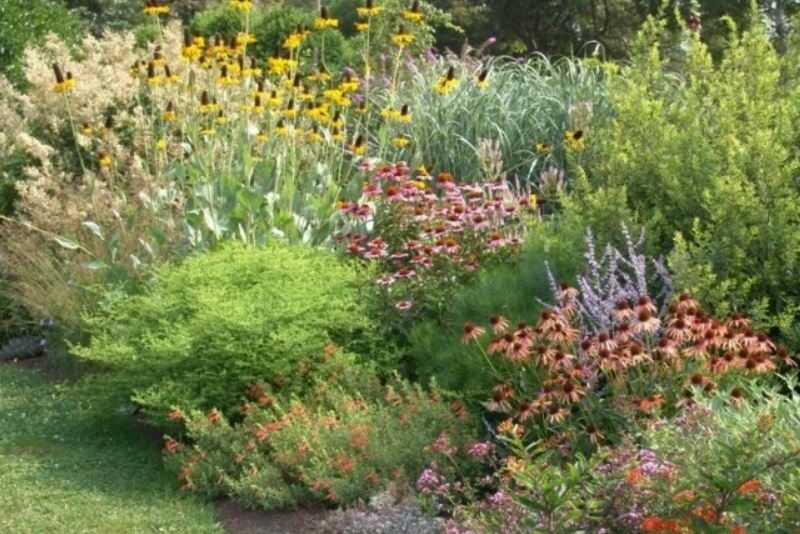
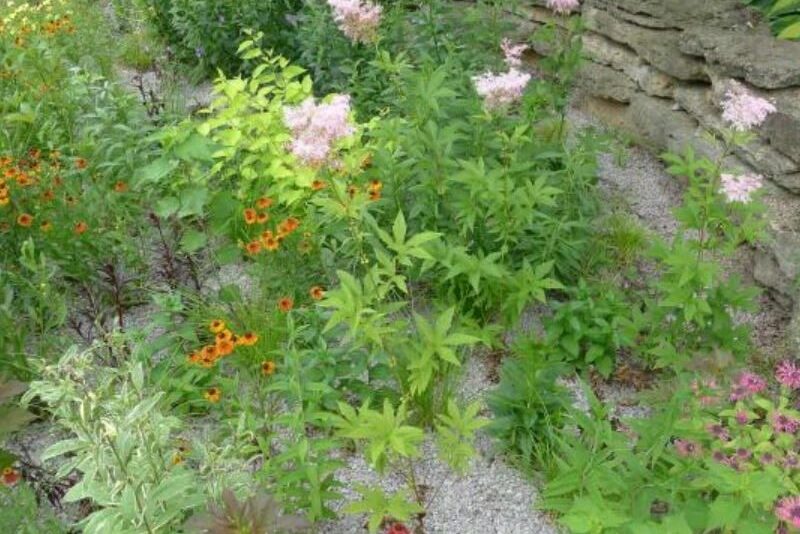
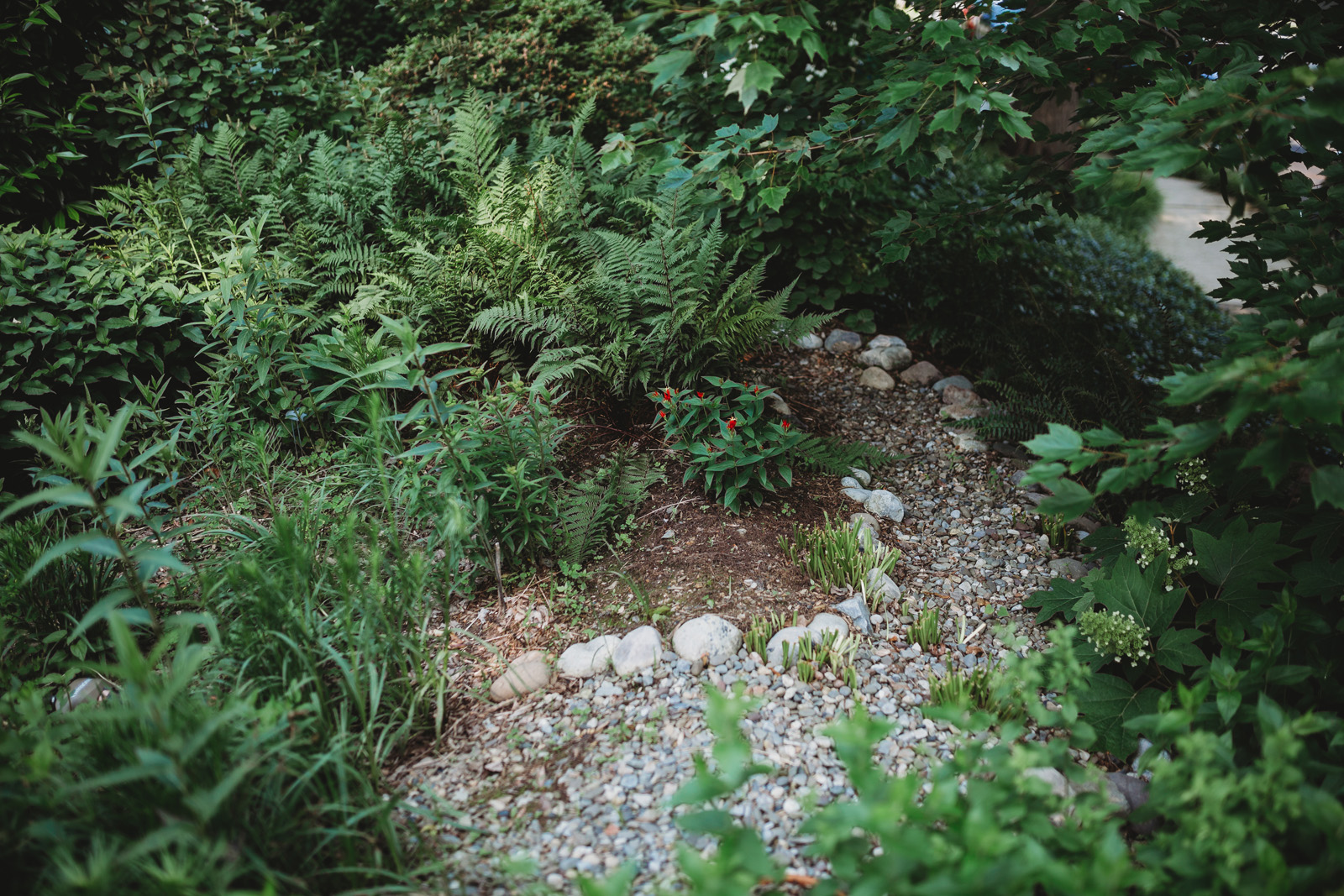
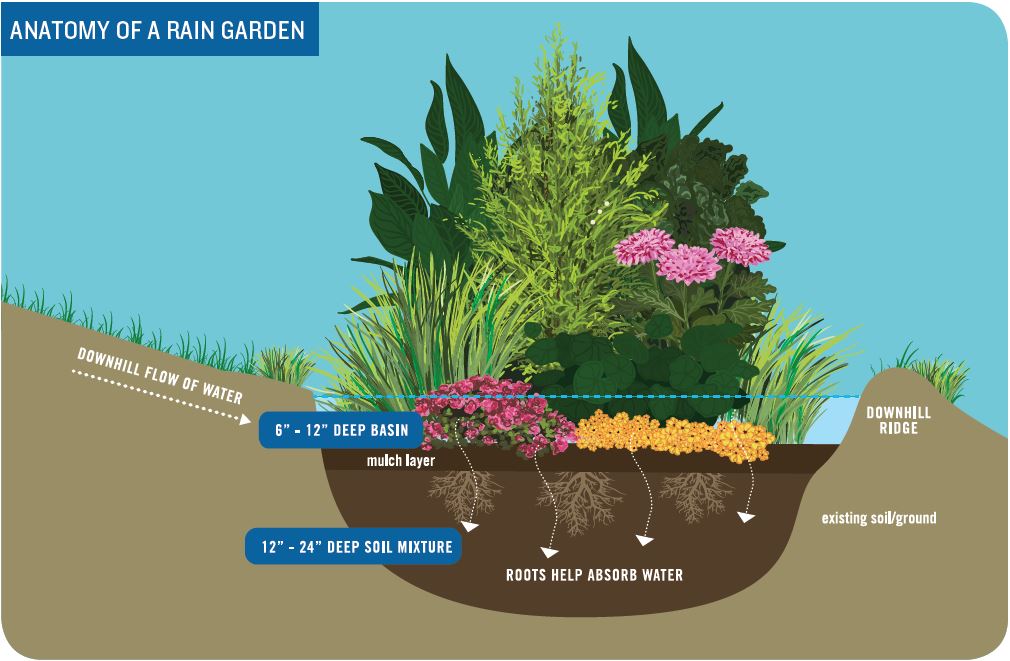
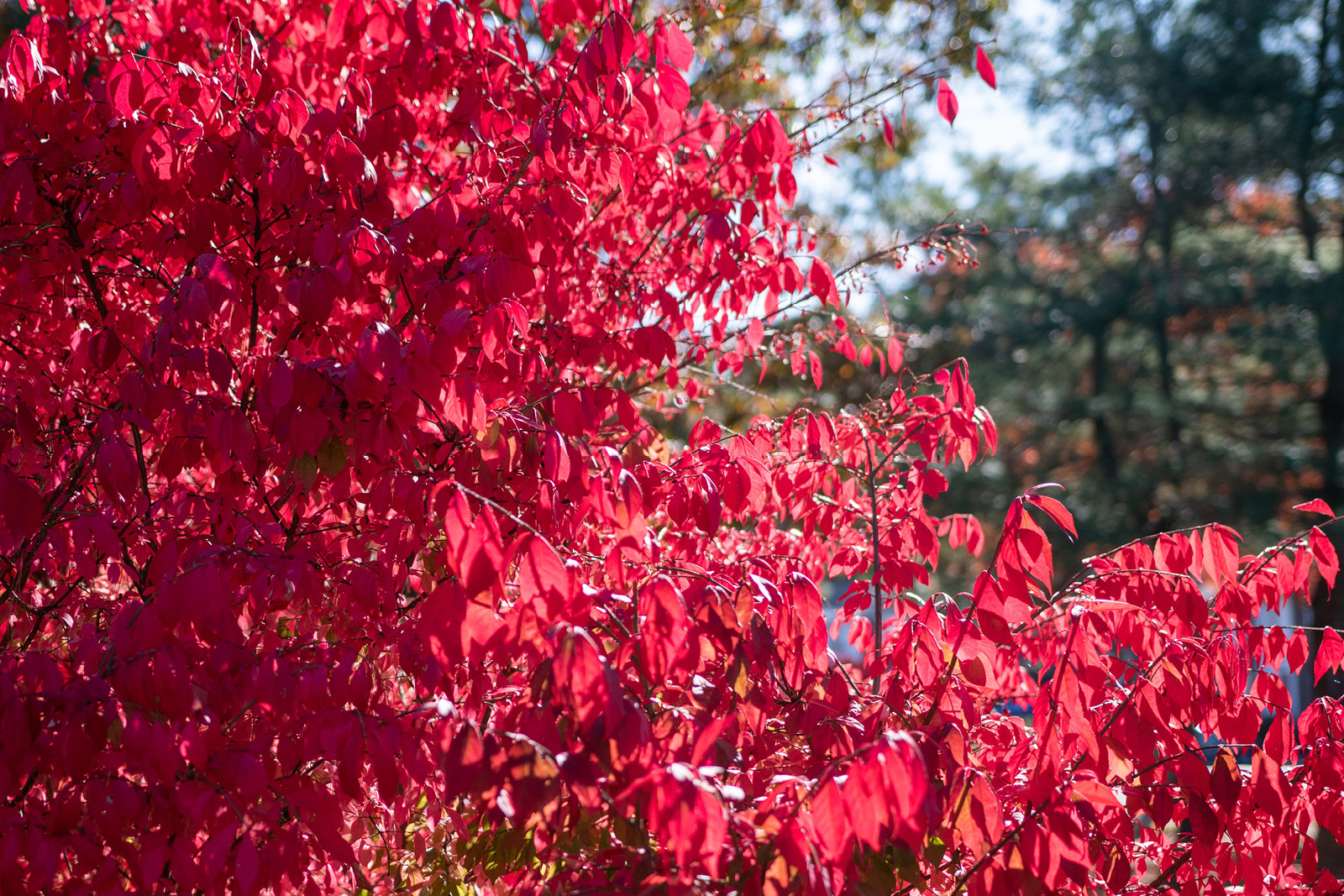

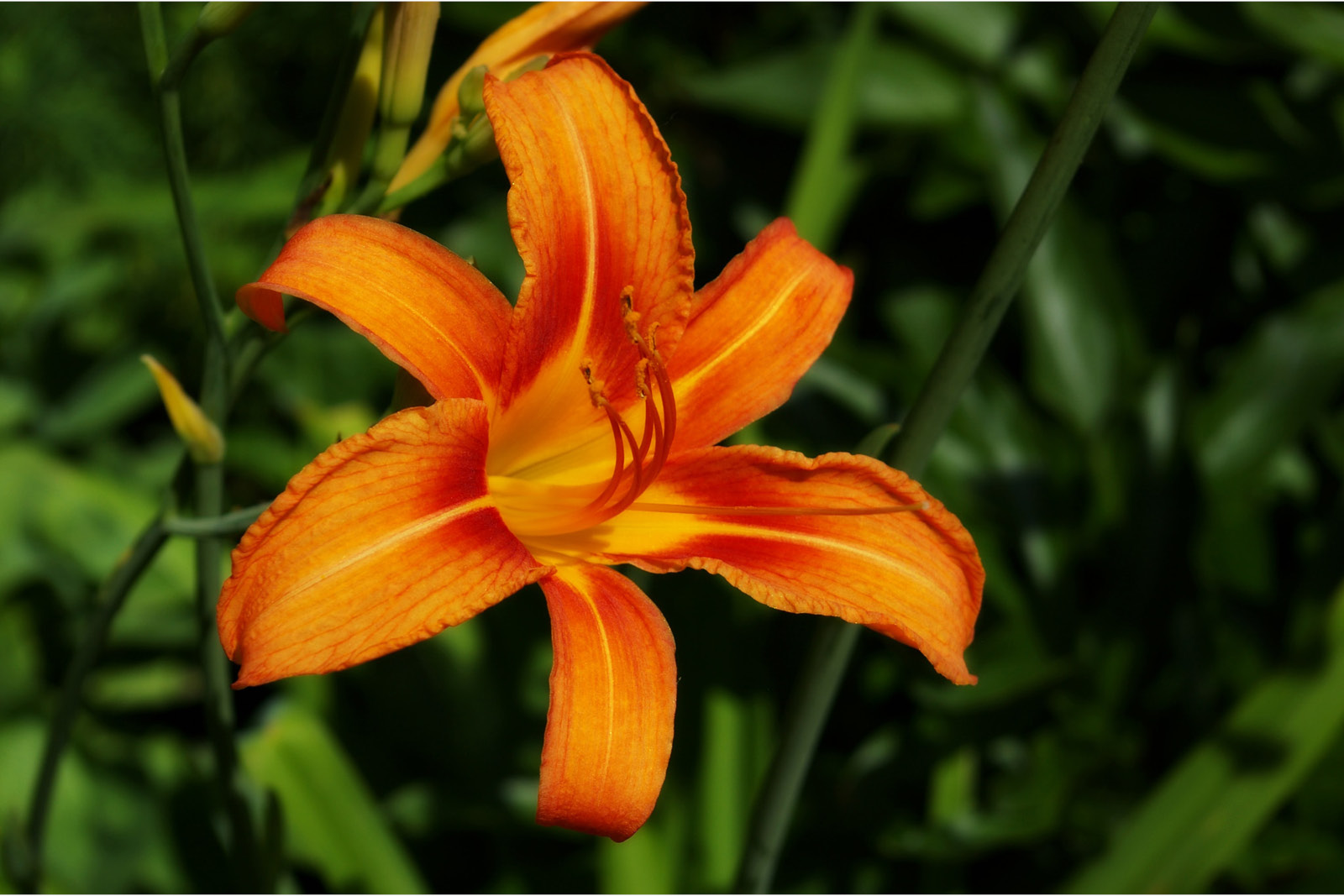
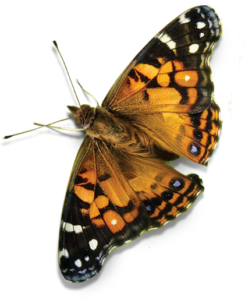 Are you interested in learning about wildlife habitat for your property and community? Lancaster Conservancy is excited to offer a series of classes that will equip you with conservation landscaping tools; key solutions to solving our water, climate, and habitat crises.
Are you interested in learning about wildlife habitat for your property and community? Lancaster Conservancy is excited to offer a series of classes that will equip you with conservation landscaping tools; key solutions to solving our water, climate, and habitat crises.